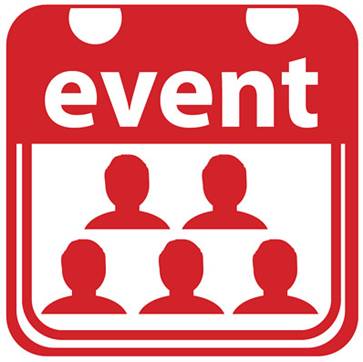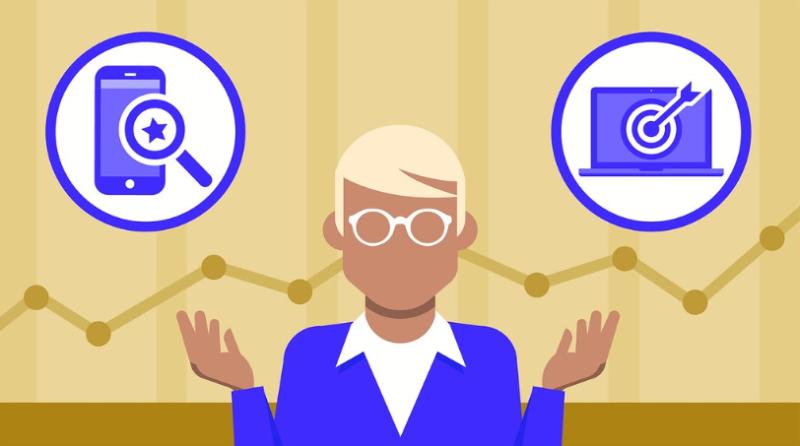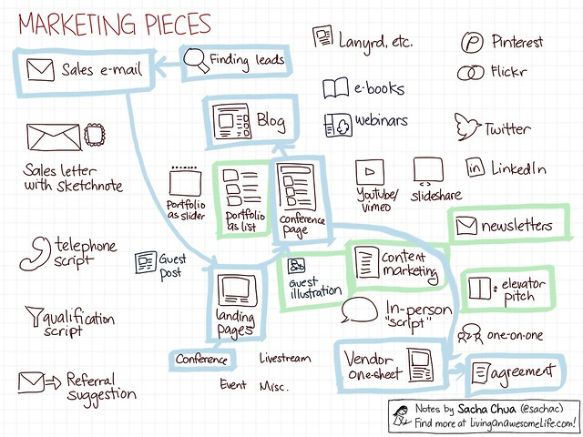If an event happens and nobody heard about it, did it really happen?
A business event is only as successful as the number of people who attend, see and spread the word about the value they have received in the event.
This is where event marketing comes in.
Planning and managing an event is one thing, however, marketing it, getting people talking about it and getting them to attend is a whole new quest.
So, now, it is time to promote your event, how do you start?
Table of Contents
1. Identify Event Goals
All successful event marketing strategy starts with determining goals. In simpler terms, it begs the question:
“Why are you having an event?”
Are you trying to:
- Rebrand
- Launch a new service or product
- Build brand ambassadors or a loyal customer base
- Create additional sources of revenue
- Teach people how to effectively use your products
2. Find Your Audience
Marketing is all about reaching the right people.
However, before you can reach them, you need to find them.
You can start by identifying your target audience first. You can try to establish their:
- Gender
- Age
- Personal interests
- Industry
- Motivation for attending
- Preferred social media
Use social media insights in order to help you gather the data in narrowing down your target audience. Platforms such as Twitter, LinkedIn, and Facebook all have the essential data insights and analytics system.
3. Confirm Event Details and Determine The Budget
The event planner has been taking serious effort to line up everything from the venue to the speakers and giveaways. So, you should have an idea of the:
- Location
- Time and/or date
- Event format
- Speakers
Even if these kinds of details are not complete, your marketing teams should have enough data to get started on your marketing plan. And a marketing plan will always ask the budget.
You need to know how much your marketing team can spend before you plan your marketing. Without a budget, you can end up losing a lot of money on large glossy banners everywhere, leaving only little for other kinds of content marketing strategies that can work better with those attending.
4. Choose The Promotional And Marketing Tactics
Now that you have your budget and know where to find your audience, you can start choosing which tactics you should use to promote your business event. Here are some of the best tactics to reach your audience:
• Social Media
One of the best ways to promote your event and encourage registration is social media. Leveraging the most popular platforms, you can reach audiences across numerous demographics. Although it seems like an easy box to check off, you need to create a strategy in order to see a return from your efforts. To enhance the social buzz, you need to create some shareable images like banners, covers and posters. As we all know, visual content are more engaging than plain text. They can help you get more eyeballs on your upcoming event and give you an extra marketing boost. With some easy-to-use online poster maker, creating one takes only a few minutes.
• Emails
Using emails to promote an event is still valuable. They still have an average opening rate of 20 percent. So, start building a mailing list as soon as you can. You can use a website such as MailChimp to keep track of your subscribers and design email campaigns.
• Press Releases
Although considered old school, press releases are still being used. If your audience reads a particular publication, it can be useful to send out a press release. Most publications will also have websites. If your press release is featured, then you will have a weblink to your site from a trustworthy source.
• Blog Posts
You can also start writing blog posts associated with your event. If it is a music festival, write something about the artists you are putting on. If it is a conference, talk about the industry that you belong to. You can also do guest blogs on other sites so you can reach new people.
• Influencers
Social media influencers are another big deal in event marketing. They are the trendsetters that can make or break your marketing strategies as well as spreading the word to a whole new audience.
• Past Guests As Advocates
Influencers are not the only people you can recruit to spread the word. If you have organized a similar event in the past, then you can get referrals from your past guests. Keep in mind that everyone is connected to someone else. And that someone else might also be interested in the same events.





